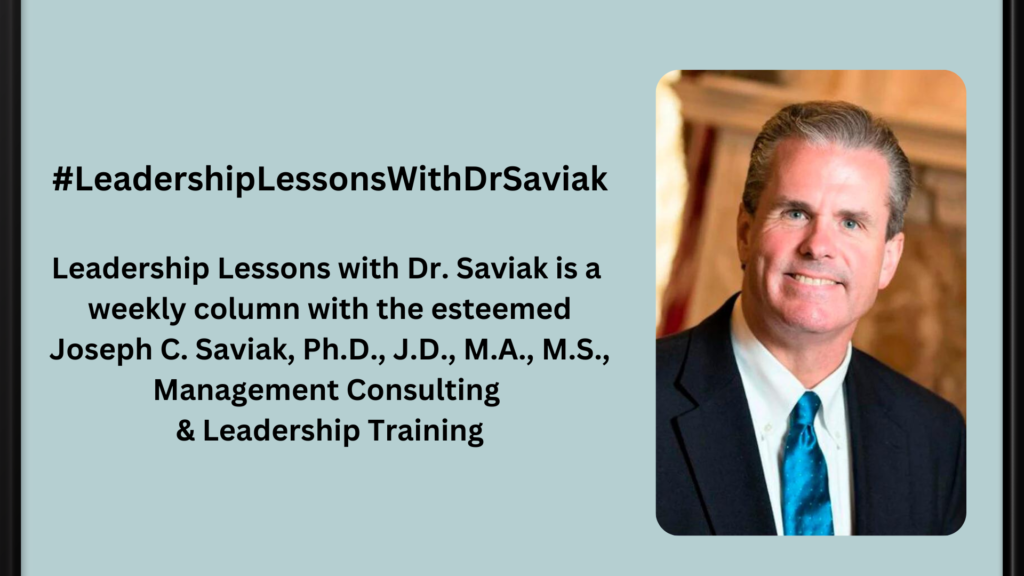Senior executives often talk today about the need for employees who are socially competent, customer-centered, and understand professional etiquette. It is critical for success with customers and colleagues.
We have an epidemic of lackluster customer service. Too many employees have insufficient social skills and inadequate professional behavior. There are organizations excelling in customer service, but we need more of them.
It’s returning emails and phone calls in a timely manner even if you lack the answer or the answer is no. An outstanding company offered a lucrative contract to a specific consultant. She never called back. She lost the contract and now she is off their list forever.
It is being friendly, polite, concerned, engaged, respectful, and professional. It is a relationship. The customer experience matters.
It is pro-active problem-solving anticipating customer needs and addressing them.
It is cultural competence to effectively relate to customers. It is not only the product or service. Relationships matter. Relationships means referrals and renewals.
“That’s not my job” cannot work here. If you lack the answer, assure the customer you will obtain it. Bring your supervisor a problem with potential solutions.
If you need to direct them to the right department, explain how this will help them. Customers don’t want to feel they are being passed around the bureaucracy.
Communications must be professional. No typos. Make use of on-line editors, colleagues to review your writing, or additional training or coursework. Be careful in written communications – write as if they will be read aloud in court one day.
With an unhappy customer, address the problem not the person. Actively listen and understand the issue first. Get all the facts. Remain calm, positive, and pleasant. Speak softer and slower. Your role is to bring calm and compassion. They react and respond to you. You set the tempo.
Do not take it personally. Step out from behind your desk to speak with them to show you are on their side. Let them vent. You will either escalate or defuse the situation.
People may not get their desired answer. They can feel treated fairly, kindly, and professionally. Think relationally, reputationally, and long term.
Know when to involve a supervisor and ask for help when needed.
For a mistake, own and remedy it. Genuine and prompt apologies matter. Manage expectations. Make promises you can fulfill. Strive for the best result.
Office gossip is poison. Supervisors should stop it. It undermines the culture, team, and mission.
You must recruit, hire, train, evaluate, supervise, and promote for the right culture and behaviors.
This article was made possible through the wisdom of three exceptional executives: Flagler County Tax Collector Suzanne Johnston, Flagler County Sheriff’s Office Commander Ryan Emery, and CEO of the First Coast Cultural Center Donna Guzzo.
#LeadershipLessonsWithDrSaviak















































